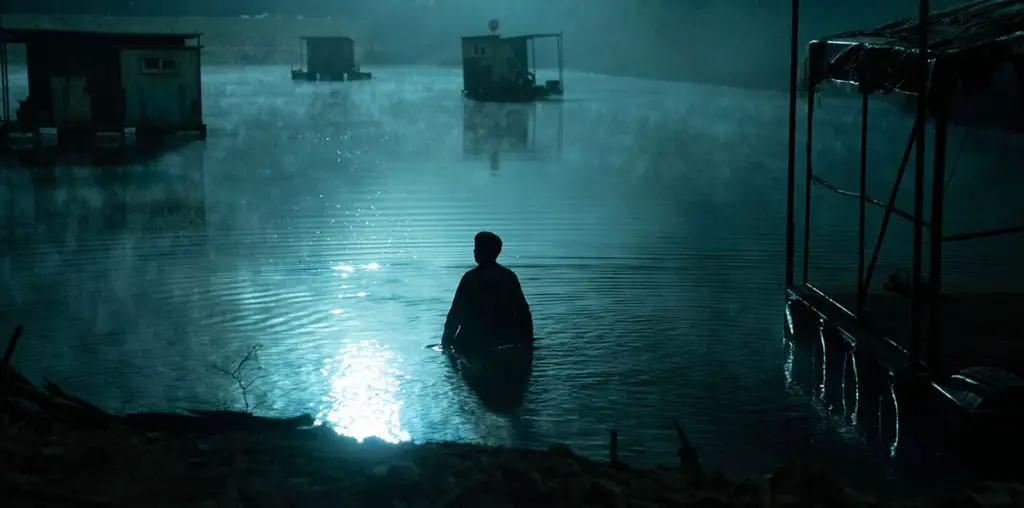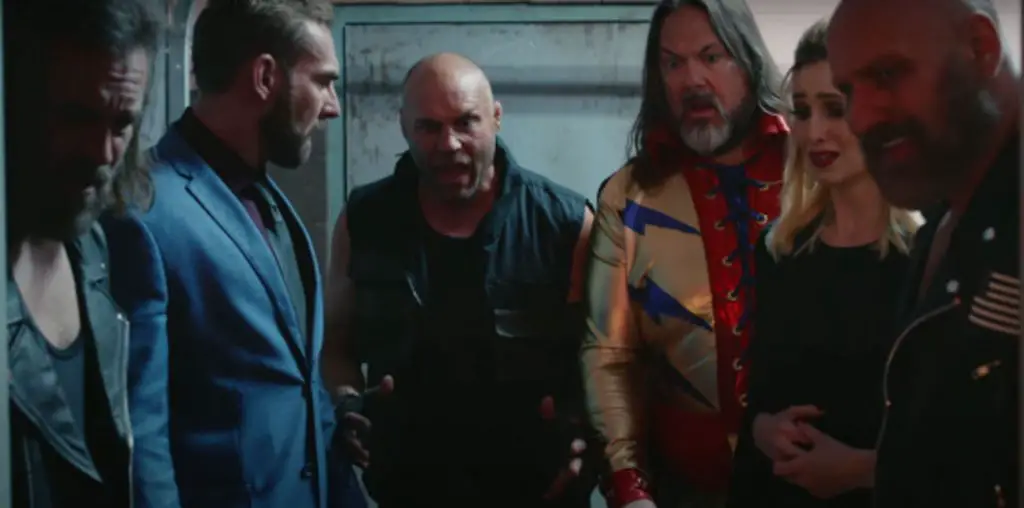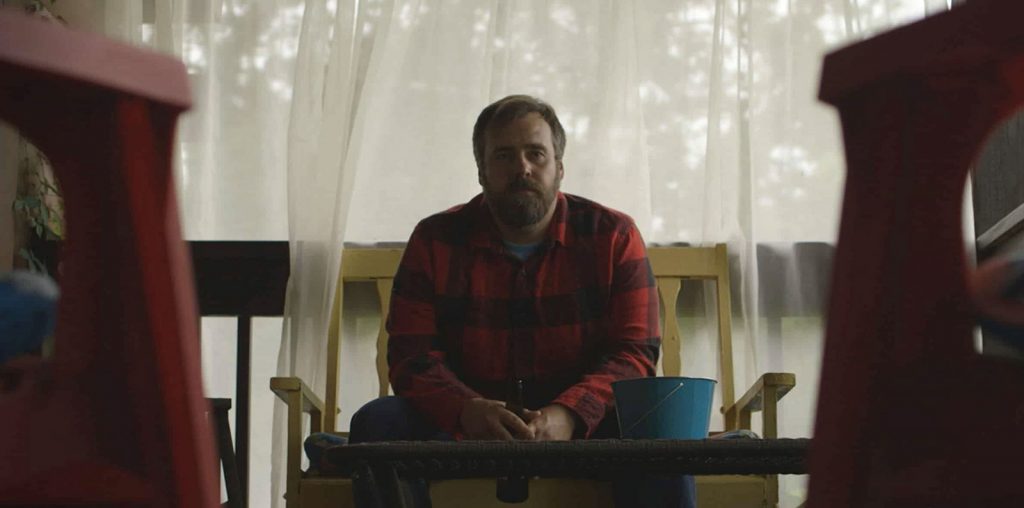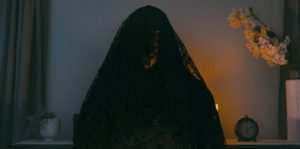
We’re all afraid of something. Whether it’s those shadowy things lurking just out of sight, or the ghosts in the backs of our hearts and minds, fear is one of our most powerful motivators. We let fear rule us or find tools to challenge it, but it’s there nevertheless. The Witch, a short film written and directed by Andrew Gibbs, explores these fears.
The Witch begins with a woman (the director’s wife, Catherine Gibbs) preparing for bed. That is when she hears the proverbial “bump in the night” — a closet door creaks open on its own. What follows is an atmospheric simmer of iconography, which has become typical of the titular antagonist. Billed as “another quick short horror film we put together in a night” with the intention of testing out “Aputure MC RGB lights,” the film doesn’t write many checks which it cannot cash.
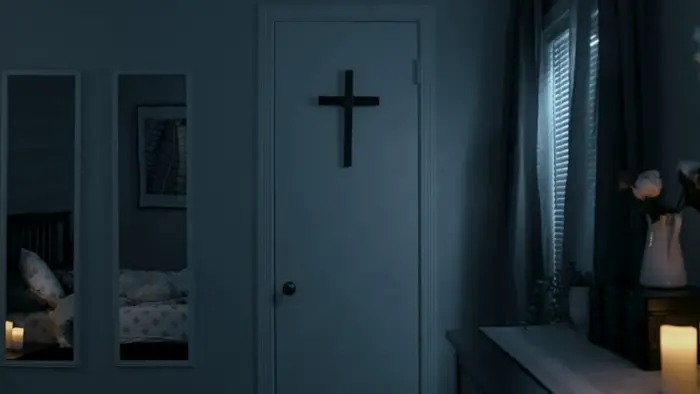
“…a closet door creaks open on its own.”
The lighting design, color scheme, and fluid camerawork are all front and center. Throughout The Witch, the filmmaking family emphasizes the creep factor in every composition. While the one-scene narrative provides fare common of any horror standard, the earnest efforts made by the Gibbs are fairly effective given the scope of the story. However, though the majority of the nearly four-minute runtime is hallmarked by slowly mounting unease, the climax sputters and doesn’t quite provide a satisfying payoff. This is compounded by the uneven post-production sound design, of which the filmmakers claimed that “all audio [was] recorded later and dubbed.”
It’s easy to liken The Witch to David F. Sandberg’s original 2013 short Lights Out with its simple yet evocative setup (a filmmaker from whom Gibbs openly claims inspiration). The director manages to give the protagonist deeper characterization with underlying themes of mental health and post-trauma while also providing a foreboding atmosphere. Yet, it falls just short of giving us a satisfying punch at the end. Its dread doesn’t linger long on the tongue after the curtains are closed.
Ultimately, The Witch is a fun family experiment by the Gibbs squad, succeeding more often than not. It certainly convinced me to keep my eye on them moving into the future.
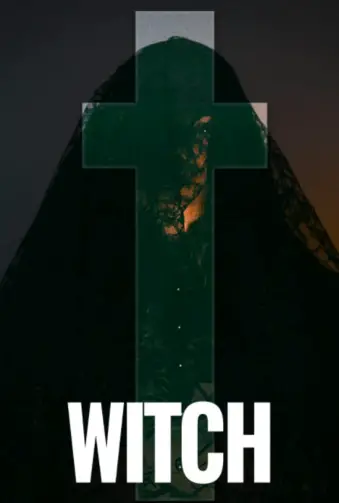
"…an atmospheric simmer of iconography which has become typical of the titular antagonist."
